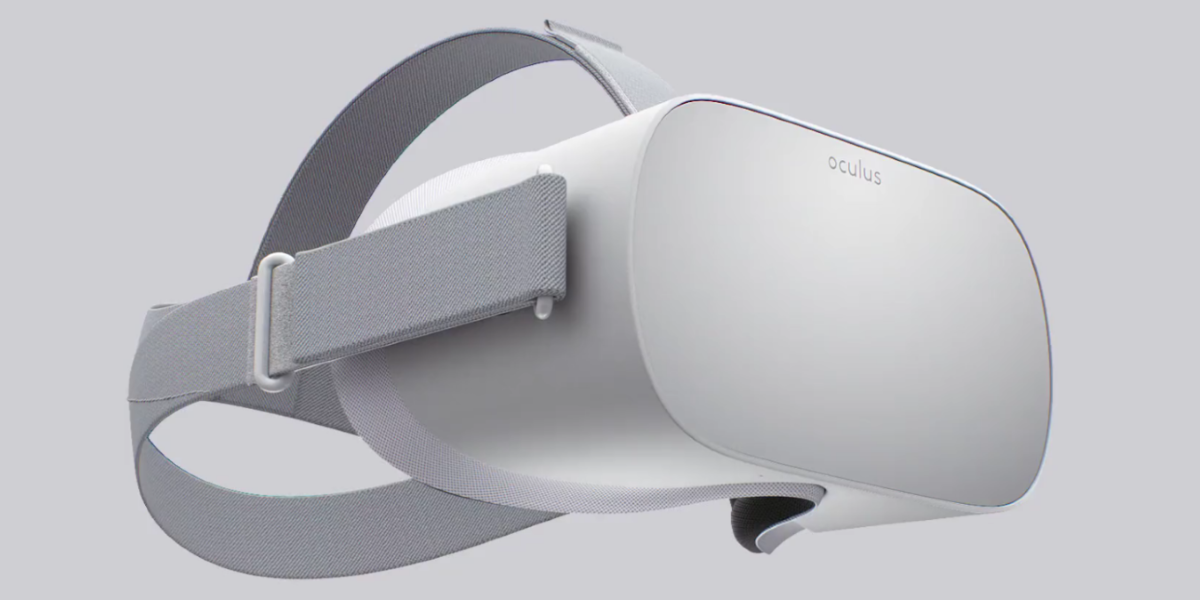Oculus is updating its privacy policy ahead of May 25, when the European Union’s General Data Protection Regulation (GDPR) will take effect. Facebook’s virtual reality division will debut its new privacy policy tomorrow, followed by a May 20 rollout of a new dashboard for users to view the data they’ve already shared.
“My Privacy Center” will enable users to check out their privacy settings and download all the data they’ve shared so far with Oculus, mirroring Facebook’s earlier announcement of a similar dashboard to comply with the GDPR. The new European regulation affects all companies that handle the personal information of EU citizens, and the social media giant has recently taken steps to minimize how this will affect its operations. Next month, it will be shifting its data processing from Ireland to the U.S. for 1.5 billion users so that their data will not be under the purview of EU law.

Unlock premium content and VIP community perks with GB M A X!
Join now to enjoy our free and premium membership perks.
![]()

![]()